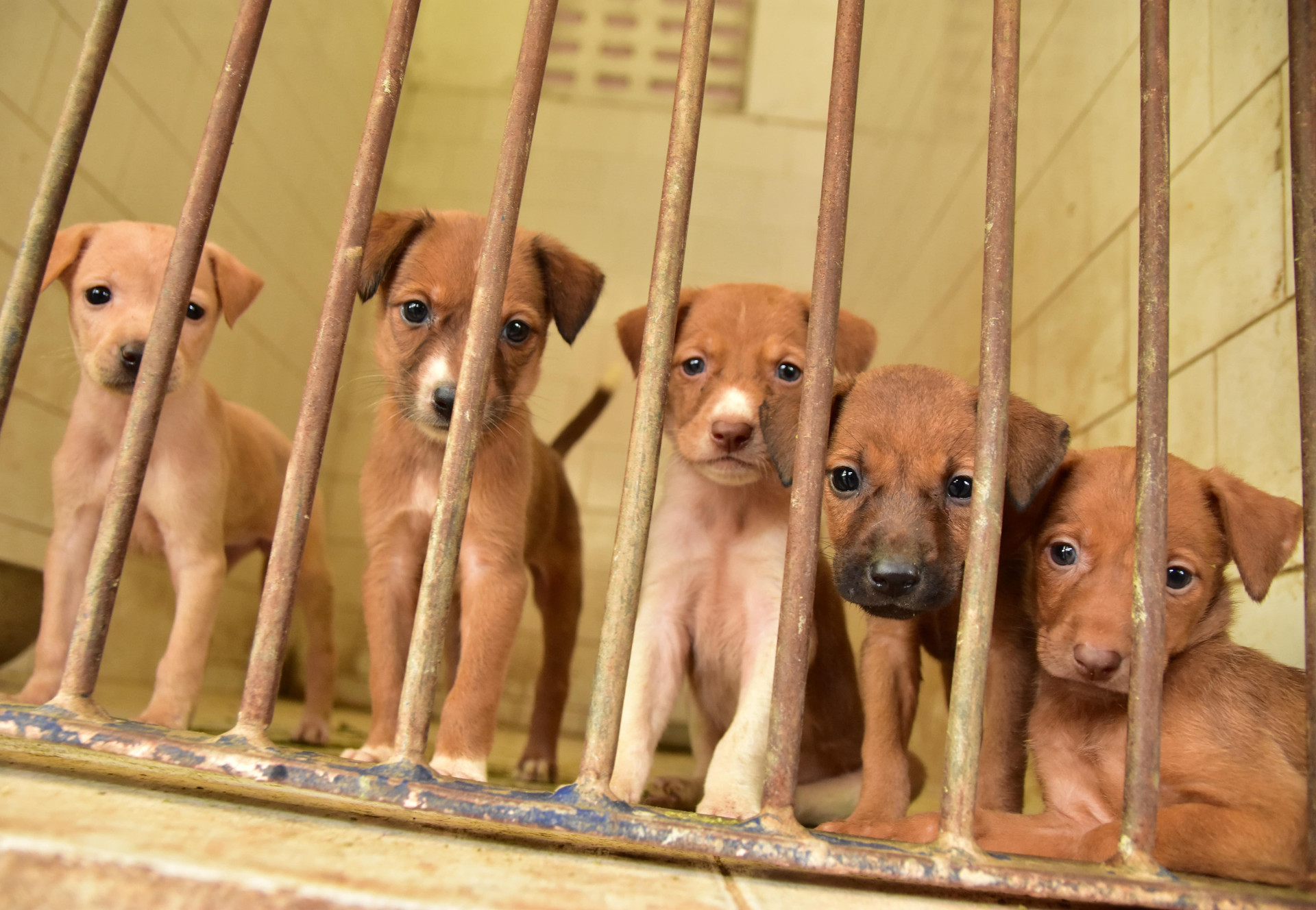
breeding
Breeding of companion animals in the EU
Breeding is the activity of mating animals for the purpose of maintaining or developing specific traits and characteristics.
Mis-mating is the accidental or unplanned breeding between animals. A breeder mates animals to produce offspring with certain traits and characteristics and then sells it. There are diverse types of breeders operating across the EU, on a range from small-scale pet to hobby, occasional, professional, commercial, and high-volume breeders. Some breeders are legally registered, or legally unregistered - both types might be operating in breach of EU and national law.
State of play
The Animal Health Law (Regulation (EU) 2016/429) made it mandatory for all establishments within the EU involved in breeding and keeping of cats and dogs to register with the competent authority of the Member Sate. The Animal Health Law recognizes that breeding at a level involving continuity and organization is a risk-posing activity for public and animal health reasons
However, there are no common standards for the breeding and commercialization of dogs and cats. For instance, there is no common system based on the number of litters produced annually to assess where on the range between small-scale to high-volume a breeder is classified.
It is the responsibility of EU Member States make this assessment and organize the registration of breeders. This not only neglects the fact that several breeders operate across EU Member States, but it also means that different EU Member States have different classification systems and legislation for breeders. Even the licensing of breeders is unregulated and varies from Member State to Member State.
The current system, where different EU Member States have different legislation for the breeding of companion animals is clearly endangering animal welfare. In addition, it also puts at risk public and animal health because animals bred in unregistered holdings, private homes, and annexed premises (often in unsanitary conditions) represent a considerable zoonotic disease hazard.

